

Mourning in Lod(2023)
MOURNING IN LOD, takes a microcosmic look at the Israeli-Palestinian conflict through Musa, Yigal, and Randa — three people whose fates become inextricably linked in a vicious cycle of violence. Lod/Lydd is a “mixed” city inhabited by Arabs and Jews who live side by side in a strained coexistence. In May 2021, two of these three people lost their lives and and one regained hers — thanks to an unlikely organ transplant. The outpouring of love, anger, forgiveness and sorrow that follows in their wake is a ray of light that offsets a collective state of mourning with no end in sight.


Movie: Mourning in Lod

חיים ומוות בלוד
HomePage
Overview
MOURNING IN LOD, takes a microcosmic look at the Israeli-Palestinian conflict through Musa, Yigal, and Randa — three people whose fates become inextricably linked in a vicious cycle of violence. Lod/Lydd is a “mixed” city inhabited by Arabs and Jews who live side by side in a strained coexistence. In May 2021, two of these three people lost their lives and and one regained hers — thanks to an unlikely organ transplant. The outpouring of love, anger, forgiveness and sorrow that follows in their wake is a ray of light that offsets a collective state of mourning with no end in sight.
Release Date
2023-05-18
Average
0
Rating:
0.0 startsTagline
Genres
Languages:
العربيةעִבְרִיתKeywords
Similar Movies
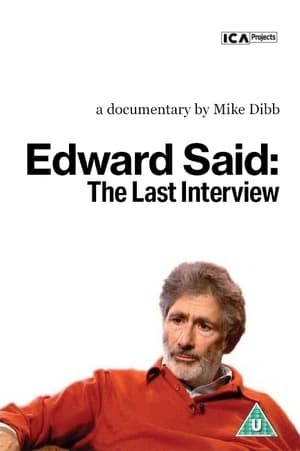 7.0
7.0Edward Said: The Last Interview(en)
Prominent Columbia University English and Comparative Literature professor Edward Said was well known in the United States for his tireless efforts to convey the plight of the Palestinian people, and in this film shot less than a year before his death resulting from incurable leukemia, the author of such books as {-Orientalism}, {-Culture and Imperialism}, and {-Power, Politics, and Culture} discusses with filmmakers his illness, his life, his education, and the continuing turmoil in Palestine. Diagnosed with the disease in 1991, Said struggled with his leukemia throughout the 1990s before refraining from interviews due to his increasingly fragile physical state. This interview was the one sole exception to his staunch "no interview" policy, and provides fascinating insight into the mind of the man who became Western society's most prominent spokesman for the Palestinian cause.
Wrestling Jerusalem(en)
Writer-actor Aaron Davidman embodies seventeen different characters in and around the sacred city of Jerusalem as he takes us on an eye-opening journey into the heart of the Israeli-Palestinian story. Exploring universal questions of identity and human connection, the film is about one man's effort to embrace a multiplicity of conflicting viewpoints, chronicling a brave exploration of the complex humanity at the heart of one of the world's most troubling conflicts.
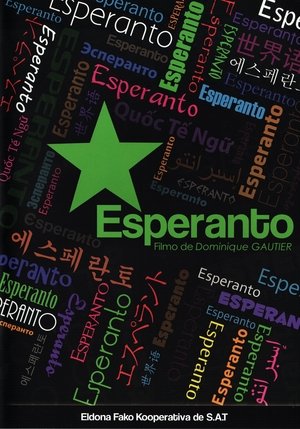 10.0
10.0Esperanto(eo)
This film, directed by Dominique GAUTIER, takes the viewer on a worldwide excursion into the history and structure of the Esperanto language, introducing its present-day speakers. The words of these users of the language are reflective of a variety of activities and viewpoints, and in the film they are interwoven so as to reveal bit by bit how the utopia of its initiator, Ludwig ZAMENHOF, is concretised every day.
 7.7
7.7Waltz with Bashir(he)
An Israeli film director interviews fellow veterans of the 1982 invasion of Lebanon to reconstruct his own memories of his term of service in that conflict.
 0.0
0.0My Sweet Child(nl)
Filmmaker Maarten de Schutter attempts to reconstruct the lost memories of his mother, AIDS activist and feminist anthropologist Martine de Schutter. Ten years after she was killed, he explores her life and their relationship in order to thoroughly connect with what is left behind. The film is a disassembly of memory, motherhood and loss, driven by the infinite love between mother and child.
 0.0
0.0Cannibal Island(fr)
A disturbing chapter in Russian history is explored in this documentary. In 1933, Joseph Stalin sent 6000 "unwanted" citizens of Moscow and Leningrad to a desolate Siberian island - with no food or clothes to speak of. Decades later this documentary returns to the island.
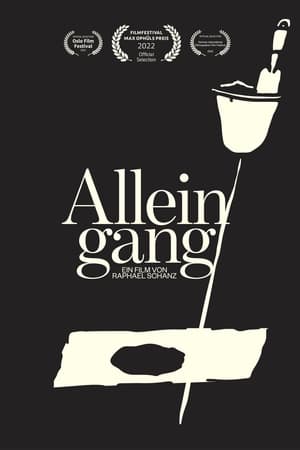 0.0
0.0Going Alone(de)
Every year, five to ten percent of all deceased Berliners are buried by the authorities because no relatives are found. Most of them are put into the ground by mortician Bernd Simon going alone. But sometimes companions do turn up and say goodbye in their very own way. An observational documentary about an undertaker who actually wanted to become an entertainer, a bizarre city portrait and a mirror of how we deal with death, mourning and commemoration.
 9.0
9.0The Killing Roads(en)
The Killing Roads is a gripping documentary that exposes the terror unleashed on October 7, 2023, when Hamas launched coordinated attacks across the roads of southern Israel. Through raw, unfiltered stories from victims, survivors, and first responders, the film reveals the unimaginable violence that turned Israel’s peaceful roads into scenes of horror.
 0.0
0.0Discordia(en)
In the fall of 2002, it was announced that Benjamin Netanyahu would deliver a speech at Concordia University in Montreal, and reaction from the student body was swift and sudden.
 8.6
8.6Israel and Gaza: Into the Abyss(en)
This deeply affecting documentary follows a small number of Israelis and Gazans through the most dramatic and tragic year of their lives. Using personal and previously unseen footage, it tells the story of the war in Gaza and the October 7 attacks through deeply emotional stories from both sides of the conflict. In Gaza, the film follows three individuals from reaction to the October 7th attacks to the start of the bombing by the Israeli military and to the loss of family members that all three suffer. In Israel, we witness footage of the Israeli characters, as they and their family members are attacked by Hamas on October 7th and then follow their stories through the year.
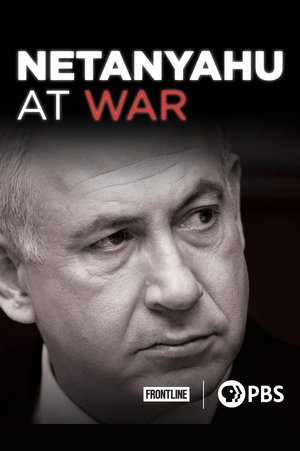 8.0
8.0Netanyahu at War(en)
The inside story of the bitter clash between President Obama and Israeli Prime Minister Netanyahu. Amid violence in the Middle East, the film traces Netanyahu's rise to power and his high-stakes fight with the president over Iran's nuclear program.
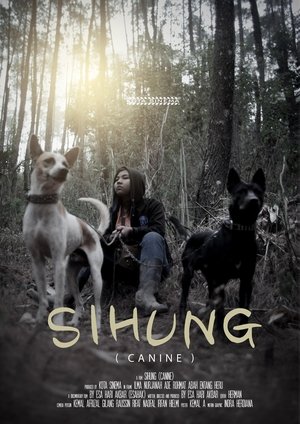 0.0
0.0Canine(su)
A family in rural area of West Java, Indonesia enjoys their time with 'Ngadu Bagong', a sundanese traditional game where dogs put to fight against a wild boar in a single event. Ngadu Bagong has always been some sort of animal abuse but it's been in the tradition for a long time. Ade Rohmat has been in the game for a long time; a hobby that he now passes on to his daughter, Ilma Nurjanah. The potentially controversial Ngadu Bagong has always brought intense emotion, prestige, and fortune upon its practicioners.
 0.0
0.0The Secret of Death(cs)
This feature-length documentary embarks on an adventurous journey to questions about death and the fear associated with it. Through Jaroslav Dušek's acting guide, he explores how we can use and control people's behavior through fear of death. The film looks at various cultural approaches to the topic of death, including those that do not perceive death as a scarecrow. Modern science, like traditional wisdom, offers alternative perspectives on death that can change our understanding of life. Through the personal stories of people who have overcome their fear of death, the film shows us that our approach to death can affect the quality of our lives.
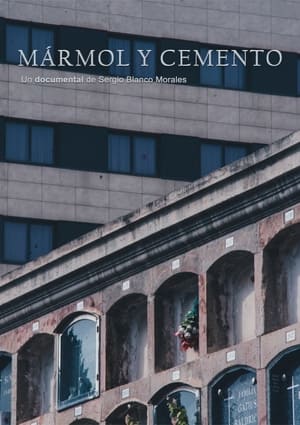 2.0
2.0Marble and Concrete(es)
A documentary that invites the viewer to immerse themselves in a intimate and thoughtful walk through Poblenou Cemetery in Barcelona, better know as "El Santet", to see what is happening at its surrounding areas and, especially, inside: work, buildings, people watching over those who are no longer here, cemetery workers... A trip through a space that is closer than we think.
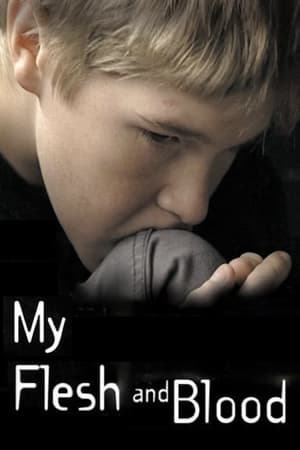 8.1
8.1My Flesh and Blood(en)
My Flesh and Blood is a 2003 documentary film by Jonathan Karsh chronicling a year in the life of the Tom family. The Tom family is notable as the mother, Susan, adopted eleven children, most of whom had serious disabilities or diseases. The film itself is notable for handling the sensitive subject matter in an unsentimental way that is more uplifting than one might expect.
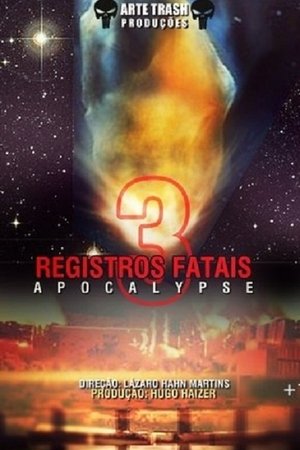 2.0
2.0Registros Fatais 3: Apocalypse(en)
The shocking finale of the titular trilogy, which features graphic footage of the macabre and grotesque as directed by Brazilian filmmaker Lázaro Hahn.
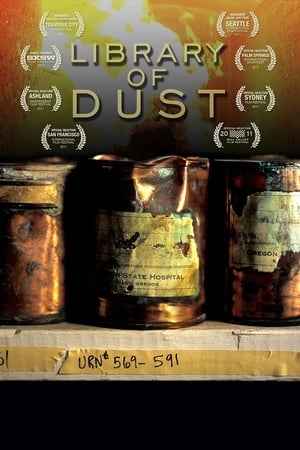 6.5
6.5Library of Dust(en)
In 2004 the Oregon State Hospital, former site of the film One Flew Over the Cuckoo's Nest, revealed the existence of thousands of corroded copper urns, each containing cremated human remains. Photographer David Maisel captured these beautifully unique urns of forgotten souls on film. Exhibiting their photos revealed secrets, influenced political decisions and reunited families. This film will show how art can stimulate social change and will document the ongoing controversy surrounding a proper memorial for these institutionalized casualties.
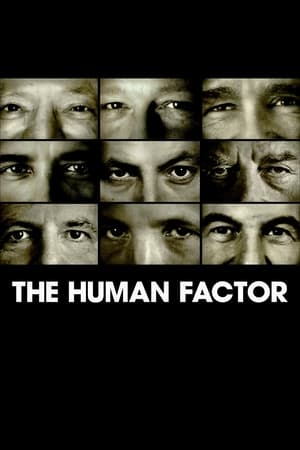 7.0
7.0The Human Factor(en)
How US politicians and diplomats, over the past 25 years, have come close to achieving something almost impossible: securing peace between the State of Israel and its Arab and like-minded neighbors, mired in a struggle both dialectical and violent since the early 20th century, due to historical and religious reasons, entrenched offenses and prejudices, and the invisible and tyrannical hand of third countries' geopolitical interests in the area.
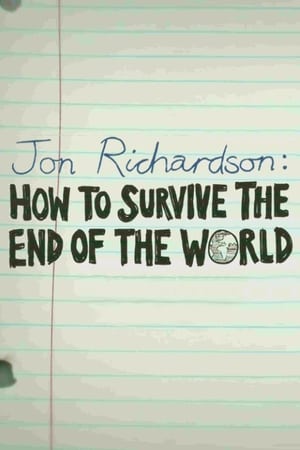 7.0
7.0Jon Richardson: How to Survive The End of the World(en)
Jon Richardson, one of Britain's most cautious men, is sent on a mission by his wife Lucy Beaumont, to investigate the things they are most scared about.
